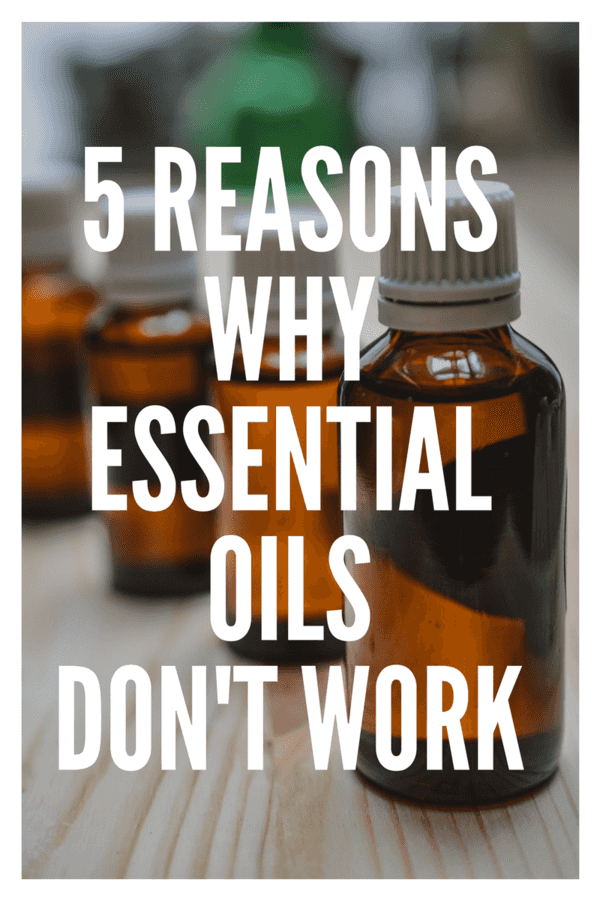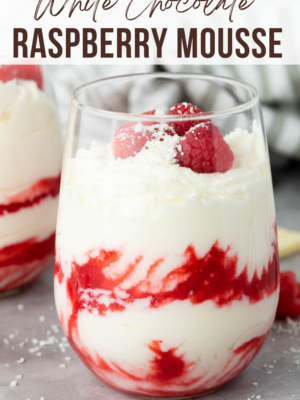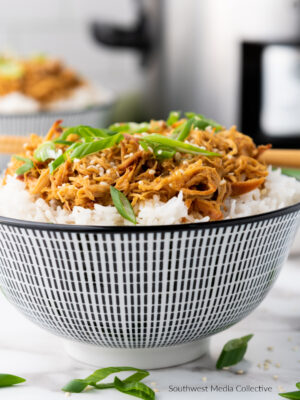 I tried essential oils, and they didn’t work for us.
I tried essential oils, and they didn’t work for us.
I have heard this countless times – and I know many people out there feel this way. Perhaps that person is you. You have heard the hype – perhaps you have even tried them.
Shortly after, you decided they weren’t the “miracle” you were hoping for.
Some of us have jumped into this world of essential oils – in fact, I became intrigued by them 3 1/2 years ago. I have saved many a catastrophe with one bottle or another. Birthed two babies and healed up quite nicely using essential oils.
I reached for essential oils to allow me to support healthy breastfeeding with my babies, and last month reached out to them when I had a complicated issue arise where my local MD was quick to turn to a not-so wise path. They have helped us in countless ways and for that, we are very grateful.
Many other people have turned to them for support as well. While we have had success, that doesn’t hold true for everyone – in fact, some people haven’t found them to be helpful. They tried them unsuccessfully then closed the bottles back up and put them back in the cabinet. A few years later, they may remember them as being trial and error – something that eventually wasn’t a good fit.
So why do some have success while others have such a disparaging experience? Here are five reasons your essential oils may not work for you:
1. Know your grower
Quality is going to be a contributing factor in the success of your essential oils. Just like local, organic food is more nutritious for your body and helps it run better, the same goes with oils.
It’s extremely easy to assume that all essential oils are the same, and that the process of creating them and bottling them, distilling them, is standard. However, the essential oil industry is not regulated .. therefore you have various extremes of oils.
Sure, you can pick up generic oils at many grocers, Bed, Bath and Beyond, and even Walmart. However… you get what you pay for. I love picking up my milk at my local raw milk farm in person each week, and my vegetables each week at the farmers market – from local, organic farms where I know how they are grown. Why wouldn’t I want to know where my oils are coming from?
Growing your plants without pesticide, weed control done by hand, and harvesting the plants at the right time all works together to create the best, unadulterated essential oils.
Some companies will use a hybrid species that rivals the true essential oil. Many of the lesser priced oils you find in store or online (or, on Amazon) may have synthetic additions. What’s most important is that you know your grower. If you are using a synthetic essential oil pulled from your local shelf in Kohl’s, chances are, you aren’t going to see much success.
2. Reference the appropriate method
There are 3 ways you can successfully use Essential Oils:
- Applying them topically
- Using them aromatically
- Using them internally
The good news, is that we have extremely helpful reference guides to help guide us in the right direction. The reference guide may recommend several preferred methods for a specific problem.
For example — if you are returning from dinner with friends and you think you may have heartburn or have eaten too much, the reference guide may suggest using them internally or topically on the lower abdomen. But if you are coming back from a hard workout at the gym, and you have some sore muscles, then applying oils topically may be the solution.
Your best option is to consult your reference guide – and you can pick one up at Abundant Health, or Life Science Publishers.
3. Consistency is key
Being consistent is one of the most important aspects of incorporating them into your health and wellness. They must be used regularly and consistently. They are not a one time application.
Using essential oils is much different than using other methods for wellness- they metabolize quickly – so reapplication is important. Use your oils based on your need – if you are using your oils, reassess your wellness in an hour or two to determine if you need to reapply.
Pay attention to your body and use the oils when you feel like they are needed.
4. Every person is different
Each of us have a different body and what works for one person may not always work for another. What may help me go to sleep at night may not help my husband.
With that said, pay attention to your reference guide – the guide you use will always recommend several different oils for your issue at hand… you need to experiment to find the one that works the best for you. You know how your body feels, and you will know what is working or isn’t working based on that feeling.
If the oils that you chose aren’t working as best for you as you had initially thought, then find another oil that may work better — there are many oils that work for many issues, finding that “one” that agrees and helps you the most may be trial and error.
5. Make them part of your lifestyle
Oils are just a single part of wellness – you’ll also want to make sure you are following a good diet, getting rest and taking care of yourself. ALL of those areas work together for your own personal wellness.
Essential oils are just another tool to have available in your arsenal of better health.
Focus on real, whole and raw food choices, an absence of sugar, regular exercise, and spiritual support, and consistent use of essential oils and you might be surprised to find out that they really can help you on a path towards better health.
Wait though – it is true, that if you are using essential oils without concern for these areas, then sure.. they won’t work for you. They aren’t a miracle remedy, and they are not a substitute for eating better, and taking great care of yourself.
Have you tried essential oils? Did they work well for you?



